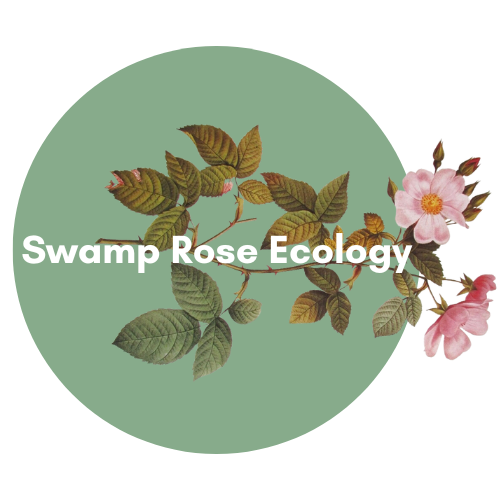
Environmental Education and Training Services
We believe in the power of education to foster environmental stewardship and drive positive change. Our firm offers comprehensive classroom trainings and field practicums led by a university instructor, designed to equip individuals and teams with the knowledge and skills needed to address a variety of environmental challenges effectively.
Tailored Educational Programs
Our training programs cover a broad spectrum of environmental topics, ensuring participants receive a well-rounded and in-depth understanding of the subject matter. Whether you're looking to enhance your team's expertise in biomonitoring, conducting surveys for aquatic and terrestrial wildlife, vegetation, and habitats, or many other natural resource management skills, we have a curriculum to meet your needs.
Field Practicums
To complement (or sometimes in lieu of) our classroom teachings, we offer field practicums that provide practical, hands-on experience in a real-world setting. These practicums allow participants to apply their newly acquired knowledge, gain valuable field skills, and understand the complexities of environmental work firsthand.
Training Herbicide-Free Habitat Restoration Crews
Additionally, Swamp Rose provides consulting for nonprofit organizations that would like to develop herbicide-free restoration crews. Does it increase our competition? Probably, but we’re serious about reducing the amount of harm caused by pesticide use.
Core Training Components
Understanding Ecological Principles: Our training begins with foundational knowledge of ecological systems, focusing on the importance of preserving biodiversity and ecosystem functions. Crew members learn about the detrimental effects of herbicides on the environment and the benefits of herbicide-free restoration methods.
Organic Weed Management Techniques: We provide in-depth training on various non-chemical weed control methods, including manual removal, mulching, solarization, and the use of organic barriers. Crews learn to identify and implement the most effective techniques for different types of invasive species and environments.
Restoration Techniques: Trainees are taught a range of habitat restoration skills, such as native plant propagation, planting techniques, erosion control, and water conservation methods. Our training emphasizes restoring habitats in a way that supports local wildlife and plant communities.
Monitoring and Evaluation: We teach methods for monitoring restoration sites to assess the success of herbicide-free strategies, track the recovery of native species, and identify areas for ongoing management or intervention.
